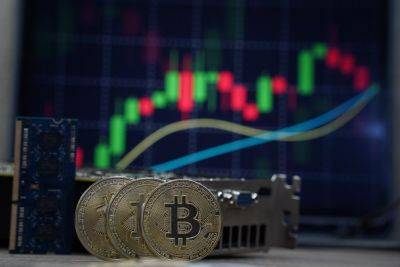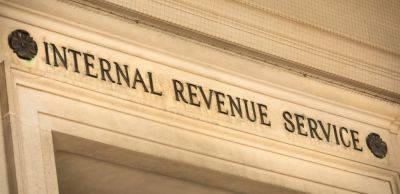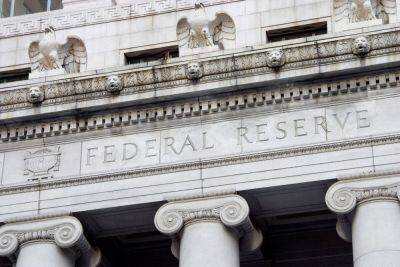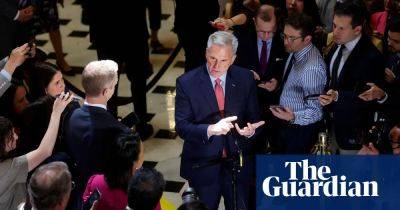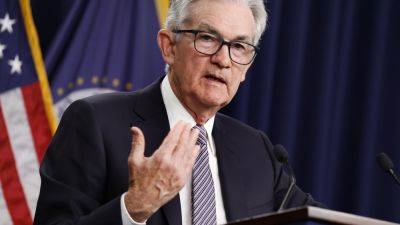The Bank of England was right, inflation has made us poorer. But whose fault is it?
I magine you are a trade union official deep in negotiations with an employer over pay. Inflation is running at 10% and you know the company has lots of unfilled vacancies. You are seeking a wage settlement that at the very least maintains the spending power of your members.
The backdrop to the pay talks is a war that has led to a sharp rise in the cost of energy. Gas and electricity bills have gone up, leaving members of your union with less disposable income.
Then up pops the chief economist of the Bank of England to say that you should really just grin and bear it, accept the fact that the nation has become poorer as a result of the energy shock and move on.
In those circumstances, do you say: “You know what, the bloke at the Bank of England is talking a lot of sense so I will moderate my pay claim from 10% to 5% in order that inflation doesn’t become embedded?” Or do you ignore what the Threadneedle Street official says and carry on pushing for a double-digit increase?
Obviously, this is not just conjecture. Huw Pill, the Bank of England’s chief economist, made the case last week for workers and companies to show restraint. People in Britain, he said, needed to accept that they were worse off as a result of the energy shock caused by Russia’s invasion of Ukraine.
At one level, Pill was right. If the cost of the goods a country imports goes up by more than the price it is able to charge for its exports then – in the aggregate – that nation’s spending power is reduced. That was true during the oil shock of the early 1970s and it is true today.
But the idea that workers and businesses are going to show voluntary restraint is for the birds. In the 1970s, governments imposed statutory prices and incomes policies in an attempt
Read more on theguardian.com

